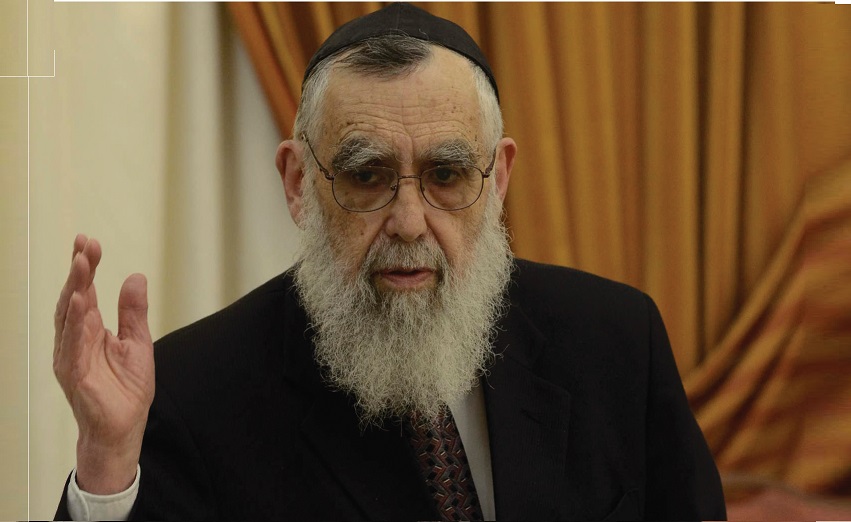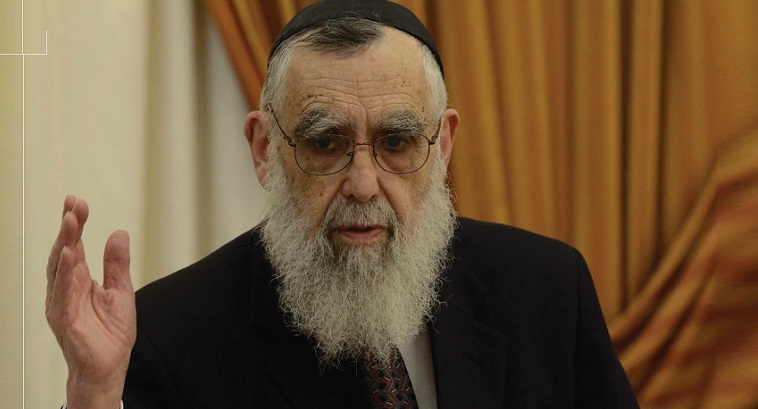Adam and the Donkey

Sometimes food, merely supposed to be the vehicle for living and spirituality, becomes the goal itself
After Adam HaRishon violates the Divine command, G-d says to him, “Kotz v’dardar… Thorns and thistles will be yours, you shall eat the grass of the field [instead of the fruits of Gan Eden].” Adam wept: “Shall I and the donkey eat from the same trough?” (Bereishis 3:18, Pesachim 118a)
Adam was not concerned with dining etiquette, but he sensed that food — how you eat, when you eat, how much you eat, what you eat and do not eat — affects who you are, and he feared that if he and his donkey ate the same way, he would become beast-like, and so he wept. G-d reassured Adam that he could create actual bread from the growth in the fields, and that would differentiate him from the beasts.
The history of mankind is an answer to Adam’s plaintive question. Instinctively, a human knows he is not an animal. He has a soul, a neshamah. But he also has a body that must be fed. Therefore, mankind seeks to differentiate between his eating habits and those of the animals, endowing ordinary foods with a) an ornate nomenclature: soup is consommé; opening morsels are hors d’oeuvres; certain meats are filet mignon; liver is pâté de foie gras; and b) by preparing foods in various ways to make it attractive and desirable — all to demonstrate that we do not eat like the animals. Major newspapers feature huge food sections. New York Times and London Times have Food and Dining Editors. At fine universities one can major in Culinary Studies. Children once wanted to become fire chiefs; today they say: “Mommy, when I grow up, I want to be a food chef.”
In Judaism there is a mysterious connection between food and the spiritual. On Shabbos, for example, we must eat three meals. Strange. One would consider it appropriate to celebrate a holy time by restricting that which is the epitome of the physical: food. But Judaism, instead of negating the material food, coopts it and uses it to enhance spirituality. We sanctify the food itself by reciting Kiddush over it, and by beginning and ending the act of eating with brachos. The very first words of G-d to Adam concern food: What he may eat and what he may not eat. And the Torah carefully monitors what we may and may not eat (kashrus, Pesach); where we may eat (Succos); when we may not eat at all (Yom Kippur); which foods we may not mix (milk, meat).
But the Torah was given to flesh and blood human beings, not to angels, and sometimes we do get sidetracked, and the food, which is merely supposed to be the vehicle for living and spirituality, becomes the goal itself. It is as if one enters an auto to get to a certain place, and then refuses to leave the auto. He so loves its upholstery, its ambience, its comfortable seats, its accessories, its gadgets, its air-conditioning, its music, that he wants only to remain in the car — completely forgetting why he entered it in the first place.
For a religious Jew, eating is a vehicle enabling a full Jewish life and a connection with our G-d. But it can become the goal itself, leading not to higher things, but leading to… more food. Jewish publishers, for example, reveal that cookbooks are their best sellers. Fine Jewish magazines, devoted to the dissemination of classic Torah ideas, feature endless pages of mouth-watering photos of various culinary delights. Gigantic holiday issues can contain hundreds of pages featuring articles and special recipes on food delicacies like “Salted Caramel Fusion” and “Frozen Fruitopia.” A spiritual Yom Tov palace can easily become a Yom Tov palate.
Confession: I enjoy a satisfying meal like anyone else and admire the artistry that goes into creating appealing foods, in setting a beautiful table, and presenting attractive meals. But one wonders what happens next. One puts fork and knife into it, places it in the mouth, savors it, swallows it, and then poof! All of the creativity and originality and talent invested in that dish has disappeared. A painter creates a painting after huge efforts, and his work of art can endure for centuries. A composer can create a symphony that lifts the human spirit for generations. So too with writers or architects. But a chef, all his creativity evaporates after a millisecond of intense pleasure. Chefs and artistic culinary experts are really unsung heroes. They know that their creations will last only for brief shining moment and then disappear forever, but they go on creating.
Food and holiness; dining and sanctity; feasting and Divine connections: The links are mysterious and enigmatic. And there are no easy answers to the irrefutable fact that the donkey eats and we eat.
Until we understand the answers, Adam’s question hovers in the air.
(Originally featured in Mishpacha, Issue 858)
Oops! We could not locate your form.




